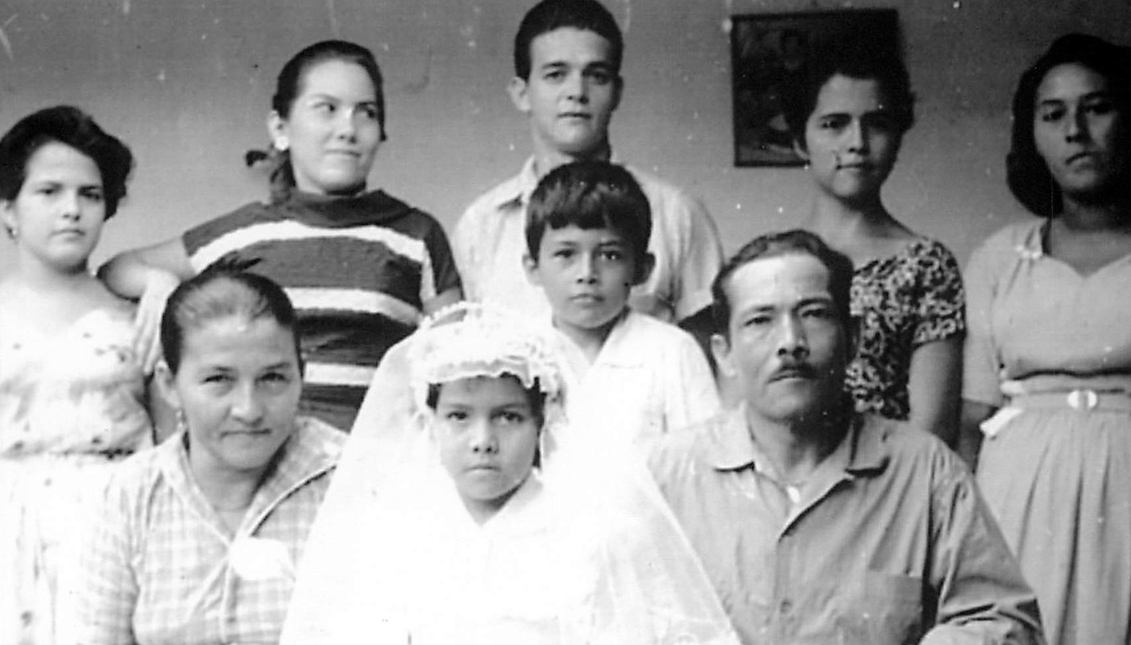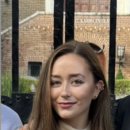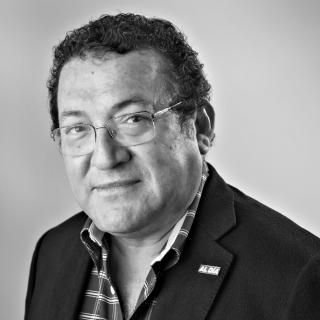
My American Last Name | OP-ED
MORE IN THIS SECTION
When Christopher Columbus came to America we were forced to learn and use only the five vowels that make the Spanish language so easy to pronounce.
Easier when compared to the English 14 vowels native Spanish-language speakers have such a hard time pronouncing correctly when speaking English.
We first heard this opposing set of vowels clashing against each other aboard the Spanish Galeones returning to Europe when the English buccaneers roaming the Caribbean were busy stealing the gold previously stolen from the Indians.
The Native Americans, on the contrary, spoke dozens of native languages, God only knows how many vowels were built into mysterious consonants, perhaps imitating the music from the winds blowing over the Andes, or the thousands of species clamoring deep from inside the jungles.
Without the rules of a written language, each day must’ve been a day for the natives to improvise, improve a new sound, form a new word, and create a new meaning.
The Babel of our native sounds in the Americas was finally called to order by the straightforward 5 Spanish vowels
The Babel of our native sounds in the Americas was finally called to order by the straightforward five Spanish vowels, imposed by the Conquistadores, simple enough to make natives and colonizers agree, as they could understand each other much faster.
Once Spanish became the Lingua Franca, the new rulers were free to get rid of the nuances and impose a simplistic system of sounds and meanings that made them easily owners of the land, and rulers of the new continent.
The huge continent called America was forced to accept the new language that came from a tiny province named Castilla, in northern Spain.
El Castellano was made the official language of the Spanish Empire in America. The native inhabitants of the land had no other choice but to gradually give up their native dialects, although traces inevitably survived in Hispanicized Indian words.
Like “Guararé,” Guaricó,” “Guaynabo,” or “Guantánamo,” names of different and distant places in Panamá, Venezuela, Puerto Rico, and Cuba. It even happened in some family names.
Indigenous family names like mine, for example — neither Spanish nor English — which up to today, makes both Spanish and English speakers cringe at the pronunciation.
GUARACAO is a family name from the proud GUANE Tribe, today’s Province of Santander, in Eastern Colombia.
Learning English late in my life allowed me to discover the secret connection with Spanish.
Learning English late in my life allowed me to discover the secret connection between the phonetics of the 2 languages I now speak.
The Hispanicized sounds from my very uncommon last name, I found out, were both in English and Spanish pronunciations. However, they were represented by different signs, and it made it tricky for anyone to pronounce correctly on the first try.
Not certainly for the bullies in the school when I was growing up, who ridiculed its sound as it suggested something of lesser quality because the Spanish colony and new language semantics had determined so.
RELATED CONTENT
Today, I make people smile when I break the mystery down this way in North America:
-“When you go to Lancaster, PA, and you see a big Holstein cow… What do you say?”
-Uh, big cow, I guess...
-No...Think again: When the cow is a really big, BIG cow. What do you say?”
-What a cow!
-Exactly!: What-A-Cow. Add a letter “G” in front and that’s it:
You will have the perfect Spanish-language pronunciation of my last name: “G-What-A-Cow”.
Spain and England finally reconciled — yes, only in America! — where perhaps the clashes of the two languages at war for five centuries may finally settle their grievances as they did in the gentle phonetics of my Indigenous last name pronunciation.
I am definitely optimistic about what is next for America, as in the new century we start acknowledging the difference between Christopher Columbus and my ancestors, as Vice President Kamala Harris did, and as President Joe Biden did on Oct. 11, now “Indigenous Peoples’ Day” — in an unexpected proclamation from the White House.







LEAVE A COMMENT:
Join the discussion! Leave a comment.